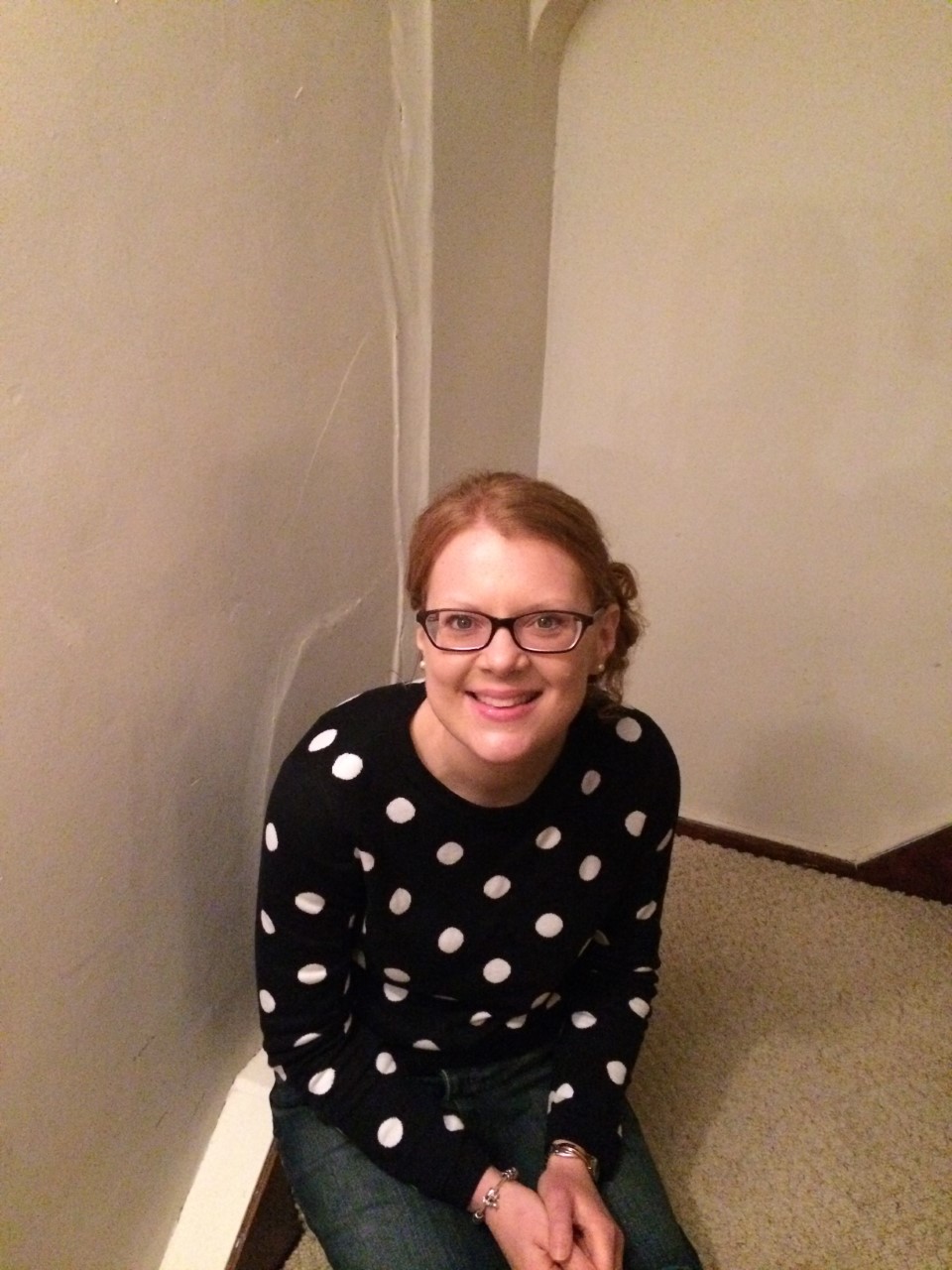The legal process of buying a French property


You’ve found your dream French property, but now what? Here is the legal process of buying a French property in five easy steps
Step 1: making an offer
Once you have found your perfect French property you can make an offer on it, either through an agent or privately if it is a private sale. Make sure you have all your finances in place before doing this and that you have arranged any surveys that you want and thoroughly researched the property and the area – once you have signed the contract you have 10 days to change your mind and then it is legally binding.
____________________________________________________________________
Related articles
10 insider tips for successful househuntingHow much should you negotiate on a property price?____________________________________________________________________
Step 2: signing the compromis de vente
While contracts are exchanged at the end of the process in the UK, in France they’re exchanged at the start. Once an offer on a property has been accepted, both the buyer and seller sign a preliminary contract, usually the compromis de vente. Most agencies have a standard compromis de vente but you might want to consider having one drawn up by a notaire, as it is possible to insert conditional clauses (clauses suspensives) which would tailor it to your own personal needs and circumstances. These could be things like the sale is dependent on planning permission or a successful survey.
Step 3: paying the deposit
On signing the compromis de vente, the buyer is required to pay a deposit, which is normally 10% of the purchase price. This should be paid to the notaire or to the agent if they have an escrow account, but never directly to the seller.
____________________________________________________________________
Related articles
12 things you should know about buying a French propertyCommon types of French property____________________________________________________________________
Step 4: the cooling-off period
Once the compromis de vente has been signed by both parties, a 10-day cooling-off period then follows, during which time the buyer can pull out for any reason without losing their deposit. The cooling-off period only applies to a property (e.g. a house or apartment), and not to land or a building plot, and it also does not apply if you are buying a property through an SCI/société civile immobilière (property-holding company).
If you sign in front of the notaire you will normally be given a copy of the contract, and the 10-day period begins the following day. If you are not handed the contract by the notaire then they are legally obliged to send you the contract by recorded delivery letter, and the cooling-off period then begins the day following signed receipt of the contract.
Once the 10-day cooling-off period has passed the sale becomes legally binding, and neither party can pull out without incurring a penalty. If you do decide to pull out during the cooling-off period, you are required to send a recorded delivery letter to the estate agent or notaire giving notice of your withdrawal, before the cooling-off period comes to an end.
Step 5: completing the sale – the acte de vente
It generally takes around three to four months to complete on a French property purchase. Once the relevant searches have been carried out by the notaire, he will prepare the acte de vente and both the buyer and seller will be invited to sign it at the notaire’s office. You can also take your solicitor and/or a translator with you if you wish. If you are unable to attend in person, you can appoint a power of attorney to sign for you. You should check the property beforehand to ensure that it is in a satisfactory condition; if any repair work is required the notaire can hold back part of the final sum to pay for it.
In the notaire’s office, the notaire reads through the acte de vente and the buyer and seller are asked to initial each page. The last page is signed, along with the words bon pour accord or lu et apprové, to show that you understand and accept the terms of the document. The final balance is then paid, along with the notaire and agency fees. You will be given an attestation de propriété, a certificate showing that you are now the legal owner of the property, along with the keys to your new home. The notaire will register the property with the land registry, where the deed of sale is stamped, and a certified copy will be sent to you two to six months after completion. The original deed of sale is kept at the notaire’s office for 100 years, after which it is moved to the public archives.
____________________________________________________________________
Related articles
I wish I’d known that before buying my French propertyWhere you can buy a proeprty in France for under €100,000____________________________________________________________________
Share to: Facebook Twitter LinkedIn Email


